Tarps, short for tarpaulins, are a ubiquitous and versatile tool used across a wide range of industries and applications. They are essentially large sheets of waterproof, durable material used for covering and protecting a wide range of objects, from vehicles to construction materials. In this article, we will explore the various types of tarps, considerations regarding tarps, their benefits, and the many applications for which they are used. Read More…
CustomFab USA has been a trusted American sewing contractor since our inception in 1990. Our 77,000 square foot high-tech manufacturing facility allows us to produce and ship a myriad of products. We have experience serving industries such as medical, sporting goods, military, aerospace, pets, and travel. With unparalleled customer service, a skilled manufacturing workforce, and tried-and-true...

LJ Design & Manufacturing is an elite sewing contractor specializing in custom sewn industrial and medical products. Since 1844, we have partnered with B2B innovators in healthcare/medicine, transportation, wearable technology, veterinary medicine, military, government, sporting goods, luggage, manufacturing and more. Highly technical products and materials are our specialties. Contact us today...

Our dedicated team of professionals is here to bring reliable and dependable products to you! At Fabri-Tech, we use our 85 years of experience to exceed your expectations. Our comprehensive process for tarps, soft luggage, pouches, and many other products are unrivaled in quality. We place emphasis on our efficient process and the highly customizable options with design. Check out our website...

Since 1979, we, at Way Out West, Inc., have been dedicated to the art and precision of contract sewing. Our team boasts extensive expertise in various sewing processes and projects, making us a reliable partner for your diverse needs. We focus on industrial sewing production at scale, servicing the military, aerospace, medical, healthcare and safety industries. We take pride in our ability to...

We sew custom-size filter bags and tubes, transfer and filtration sleeves, windsocks, cheese bandages, filter sheets, and tray liners as well as aprons and backpacks. We use FDA-approved materials for food-contact applications. Our industrial sewing machines do single- and double-needle stitches, overedge serging, and safety, chain, lock, and overlock stitching. Cotton, nylon, and poly-cotton...

At Red Fox Innovations, our philosophy is and always has been simple: we succeed when our customers succeed. With that approach, and by offering a wealth of experience and cutting-edge technology, we have become a trusted name in the cut & sew contract manufacturing industry.

CSE Packaging, we stand as a trusted leader in the realm of custom sewn products, offering a comprehensive suite of design and manufacturing solutions tailored to meet the diverse needs of our clients. With an extensive history of excellence in the industry, we have solidified our reputation for delivering unparalleled quality and craftsmanship in every project we undertake.

More Tarp Companies
How Tarps are Made
Tarps are typically made using one of three different processes: woven, coated, or laminated.
Here's a brief explanation of how tarps are made through each of these processes:
Woven Tarps
Woven tarps are made by weaving together individual fibers to create a fabric. The fibers are typically made from materials such as polyethylene, polypropylene, or canvas. Once the fabric is woven, it is treated with a UV-resistant coating to improve its durability and resistance to weathering.
Coated Tarps
Coated tarps are made by coating a fabric with a layer of polyethylene or PVC. The coating provides added durability and resistance to weathering. The coating can be applied to one or both sides of the fabric, depending on the intended use of the tarp.
Laminated Tarps
Laminated tarps are made by bonding multiple layers of material together. The layers can include a woven fabric, a waterproof membrane, and a protective coating. The resulting material is highly durable and resistant to weathering and tearing.
Each of these processes offers unique advantages and disadvantages depending on the specific application of the tarp. For example, woven tarps are typically more lightweight and easier to handle, while laminated tarps are heavier but offer increased durability and protection. Coated tarps are a good compromise between the two, offering a balance of durability and weight. Ultimately, the choice of process will depend on the intended use of the tarp and the specific requirements of the application.
Considerations Regarding Tarps
While tarps are generally durable and long-lasting, they are not without their considerations. Factors to consider when creating or using tarps include the type of material used, durability, and water resistance. Additionally, tarps can have an environmental impact if they are not disposed of properly. To address these challenges, many manufacturers are now producing environmentally friendly tarps made from recycled materials.
Benefits of Tarps
Tarps offer a wide range of benefits for a variety of different applications. Some of the key benefits of using tarps include:
Protection from the Elements
Tarps are designed to provide protection from the sun, rain, wind, and other environmental factors that can damage or degrade materials. They are an ideal solution for protecting outdoor equipment, vehicles, and construction materials.
Versatility
Tarps come in a variety of sizes, colors, and materials, making them a versatile solution for many different applications. They can be customized to fit specific needs and can be used in a wide range of industries.
Durability
Tarps are made from tough materials that can withstand harsh weather conditions and heavy use. They are designed to last for years and can be reused many times.
Lightweight and Easy to Handle
Tarps are easy to transport, set up, and take down, making them a practical solution for on-the-go needs. They are lightweight and easy to handle, making them ideal for use in a variety of different settings.
Cost-Effective
Tarps are an affordable solution for covering and protecting equipment, materials, and vehicles from the elements. They offer a low-cost alternative to more expensive coverings and can be reused multiple times, making them a cost-effective solution over the long-term.
Aesthetically Pleasing
Tarps can be manufactured in a variety of different colors, making them a more aesthetically pleasing solution for covering equipment, materials, and vehicles than other coverings such as plain metal or plastic sheeting.
Environmentally Friendly
As mentioned, some manufacturers are now producing tarps made from recycled materials, reducing the impact of production on the environment. Additionally, because tarps can be reused many times, they reduce waste compared to disposable covers.
Applications of Tarps
Tarps are used across a wide range of industries and applications, including:
Covering Outdoor Equipment and Vehicles
Tarps are commonly used to cover boats, cars, and other outdoor equipment to protect them from the elements when not in use.
Providing Shelter for Camping and Outdoor Events
Tarps can be used to create a quick and easy shelter for camping trips or outdoor events, providing shade and protection from the elements.
Protecting Materials during Construction
Tarps can be used to cover construction materials like lumber, brick, and concrete to protect them from rain, wind, and other elements.
Uses in Agriculture and Landscaping
Tarps are commonly used in agriculture and landscaping to cover crops or protect them from frost or pests.
Other Miscellaneous Uses
Tarps can also be used to create makeshift awnings or to cover outdoor furniture during inclement weather.
Choosing the Right Tarp Supplier
To ensure you have the most productive outcome when purchasing tarps from a tarp supplier, it is important to compare several companies using our directory of tarp suppliers. Each tarp supplier has a business profile page highlighting their areas of experience and capabilities, along with a contact form to directly communicate with the supplier for more information or to request a quote. Review each tarp business’s website using our patented website previewer to quickly learn what each company specializes in. Then, use our simple RFQ form to contact multiple tarp companies with the same form.








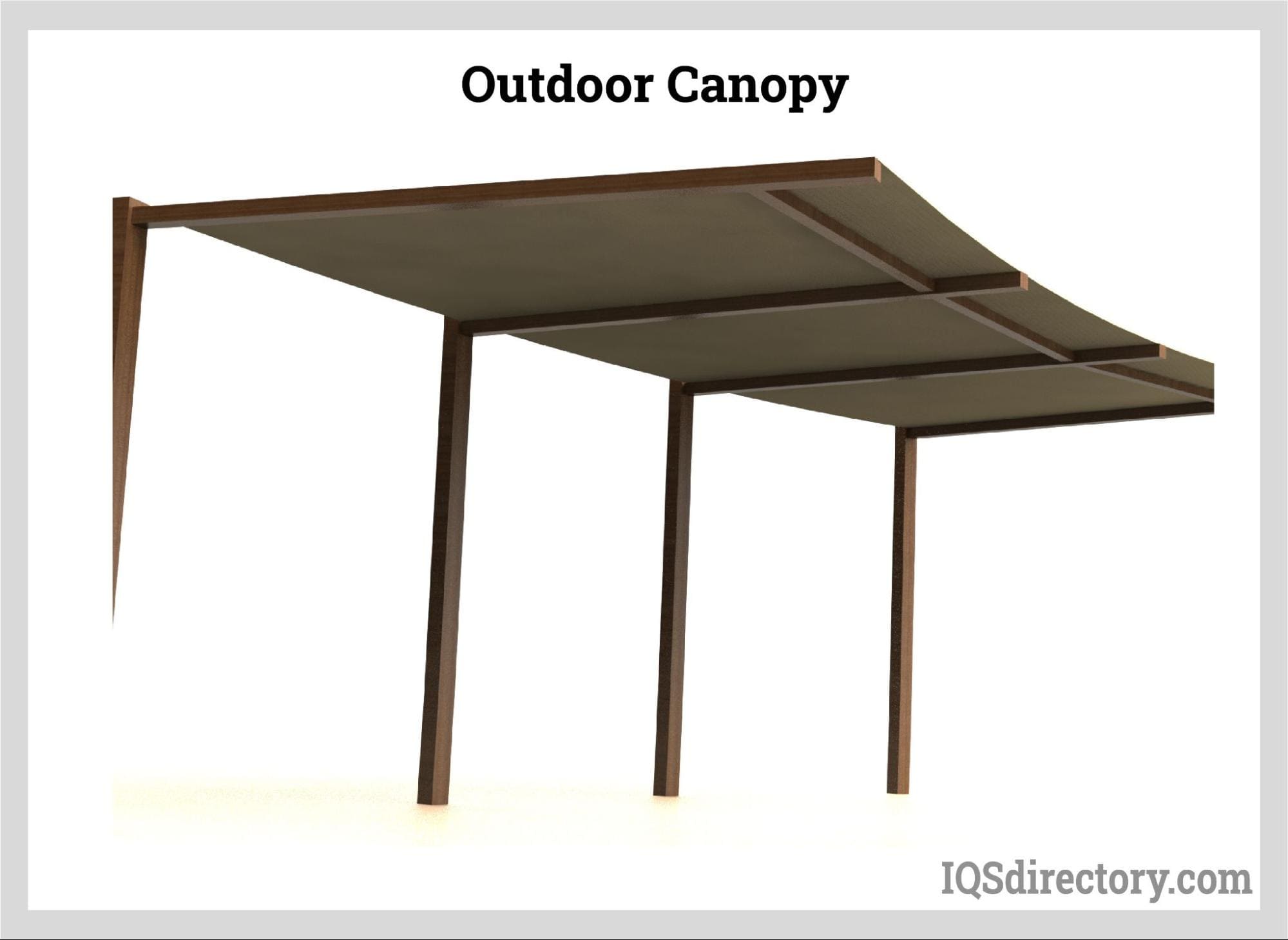
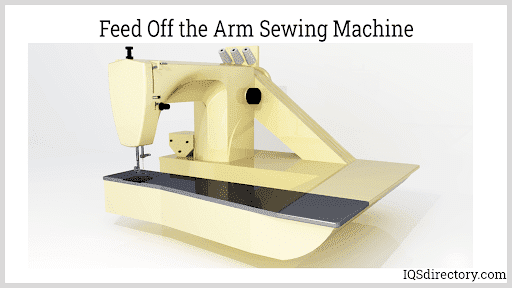
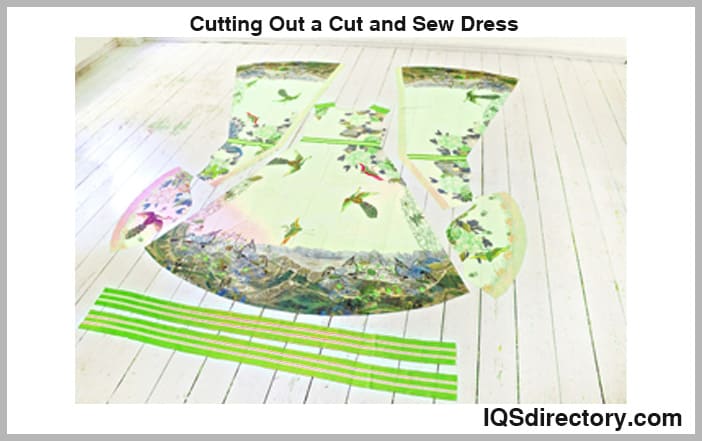
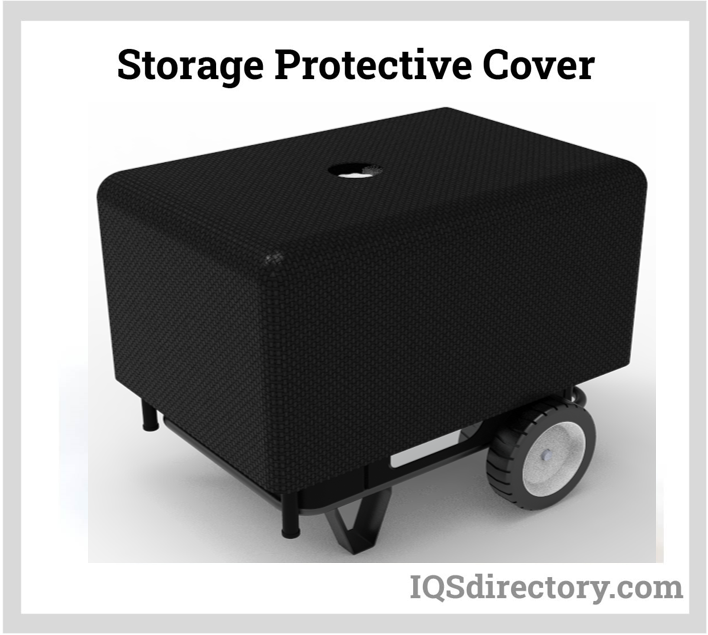
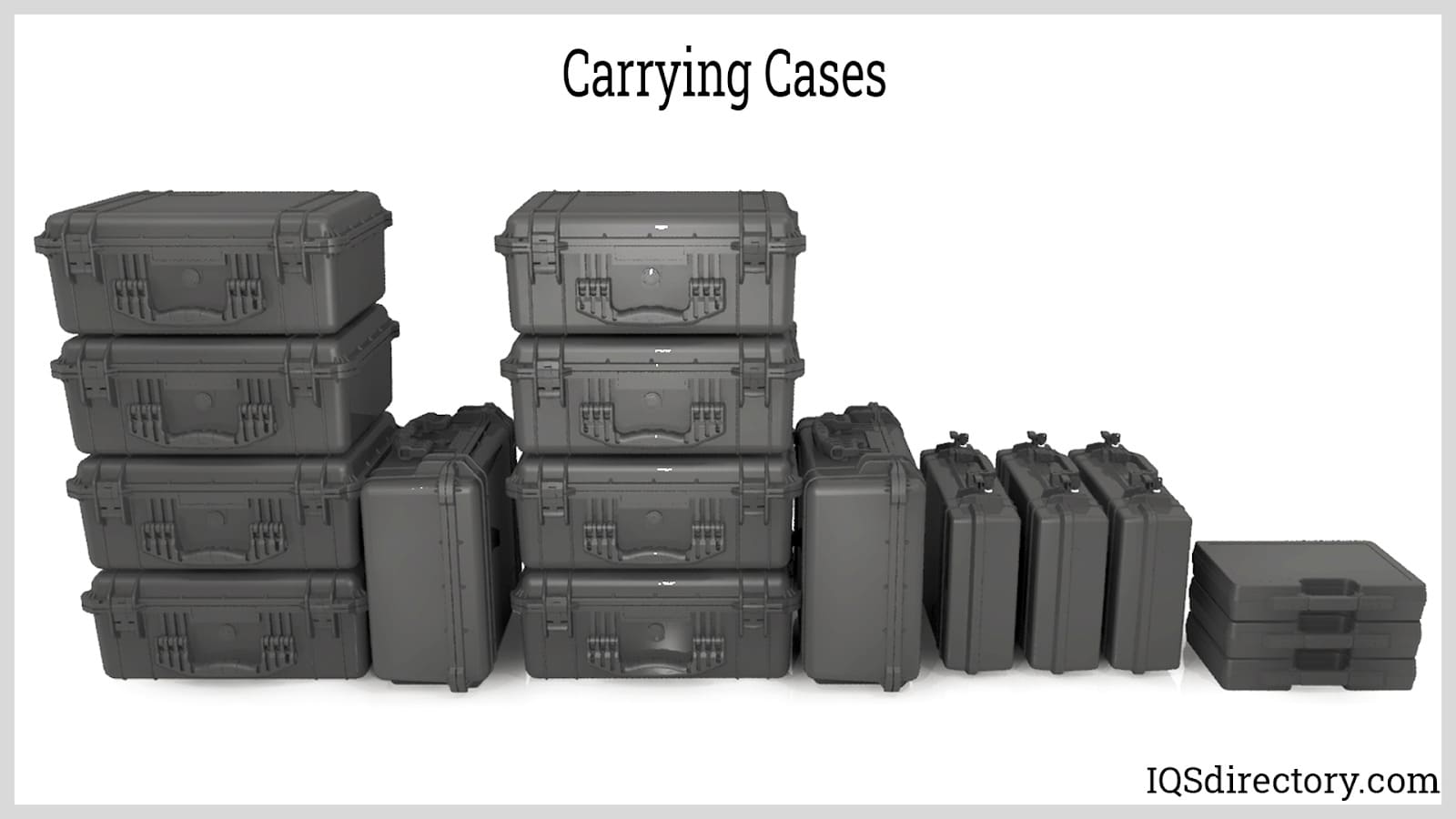
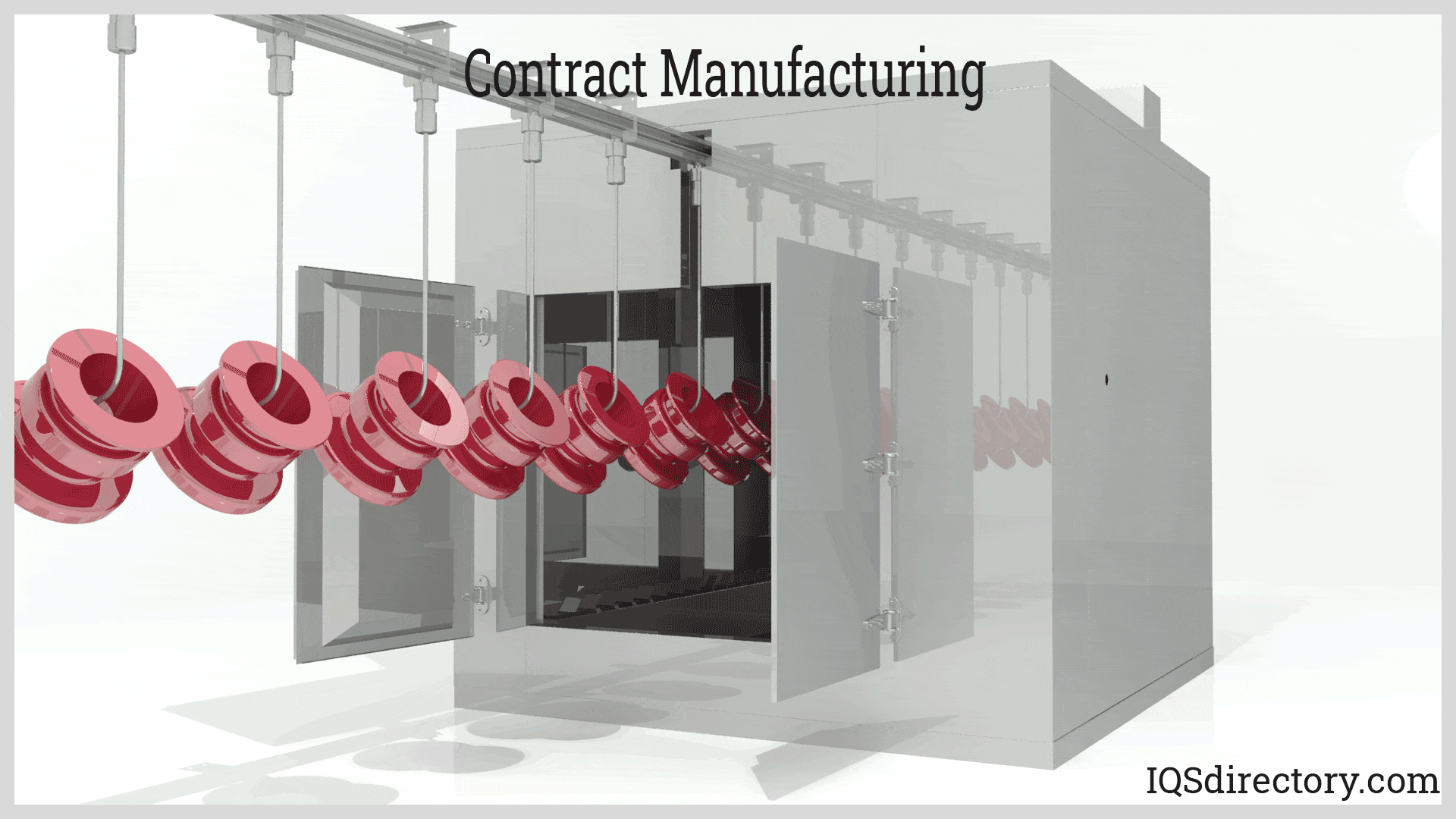
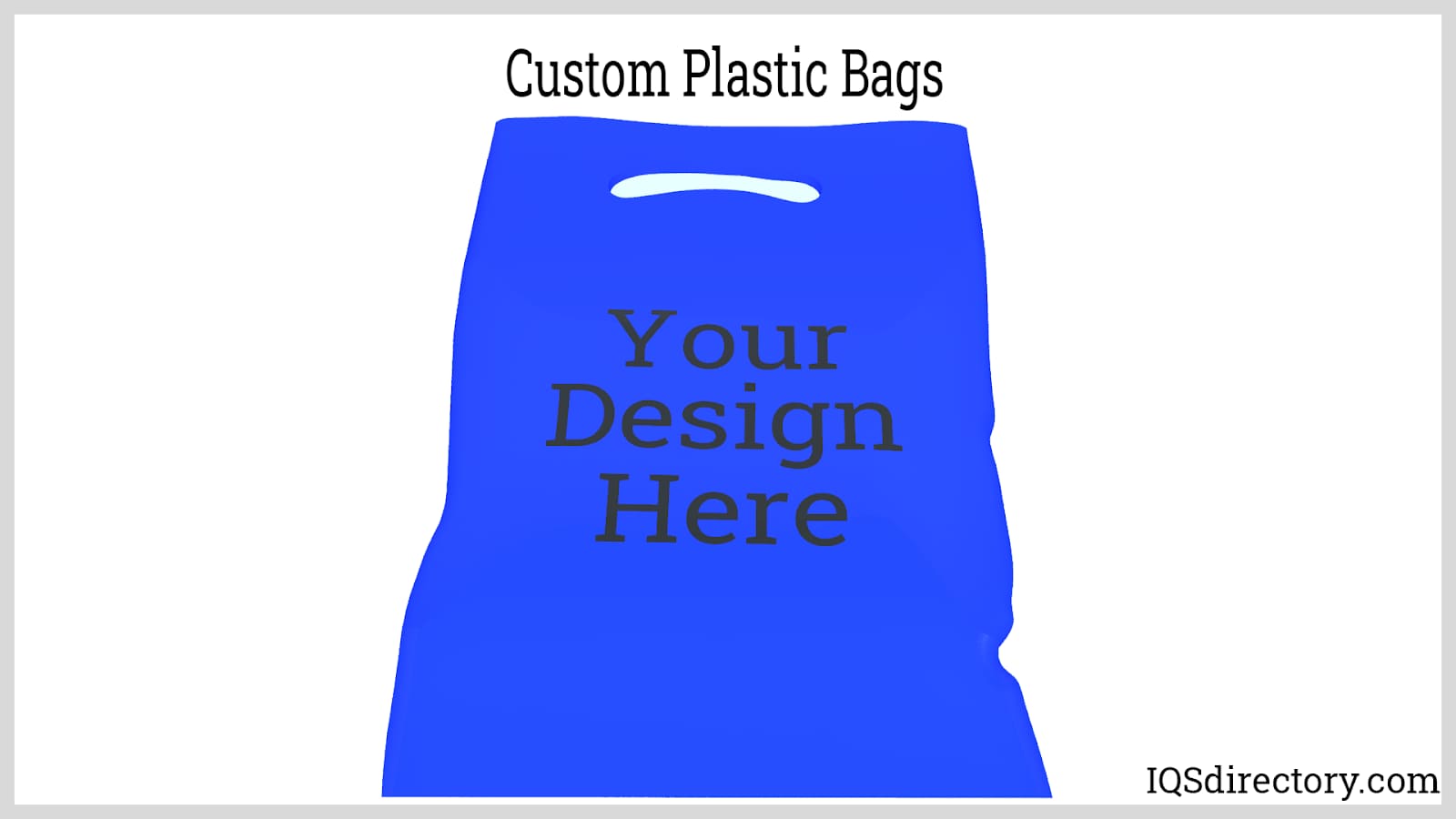
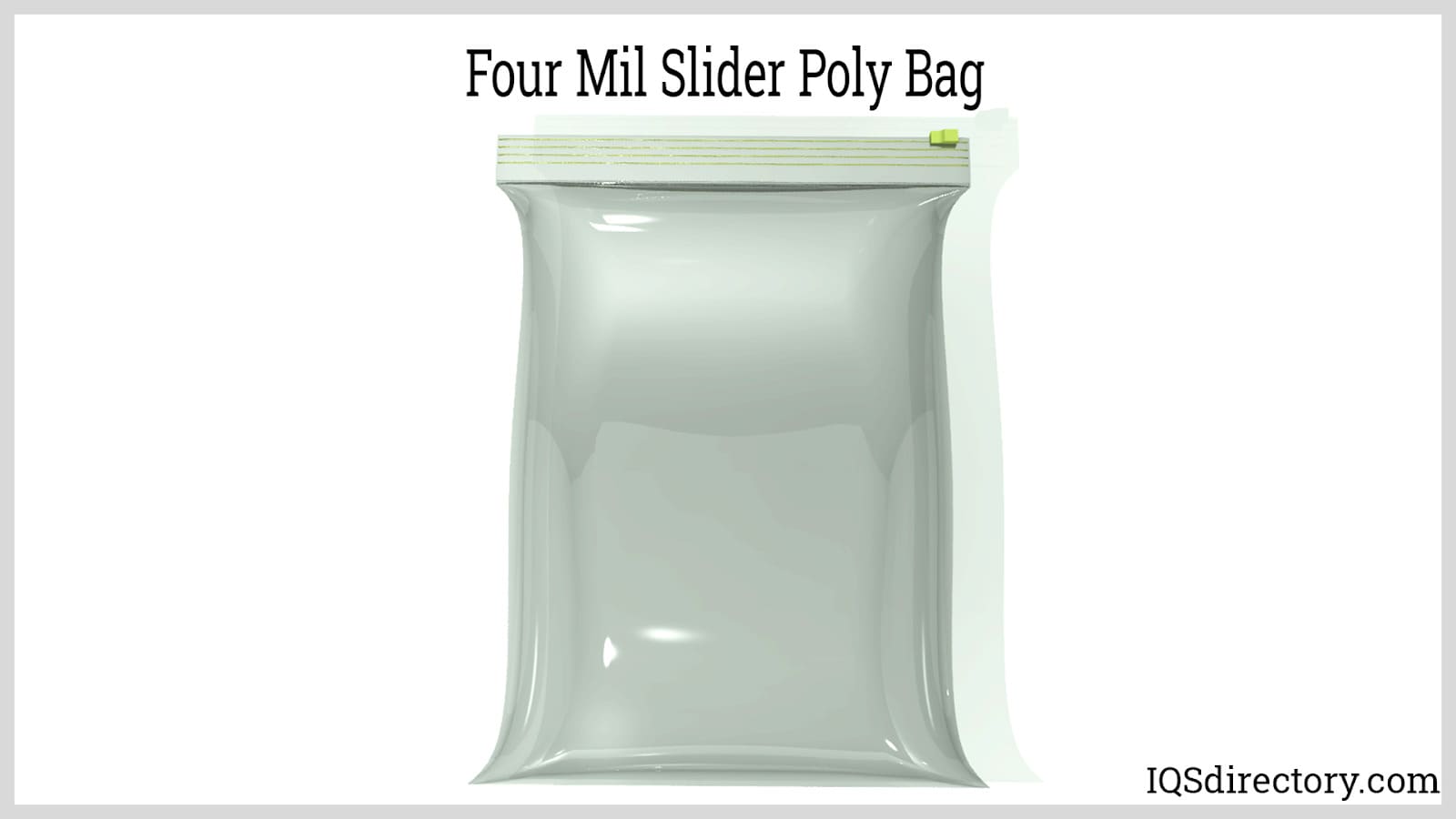
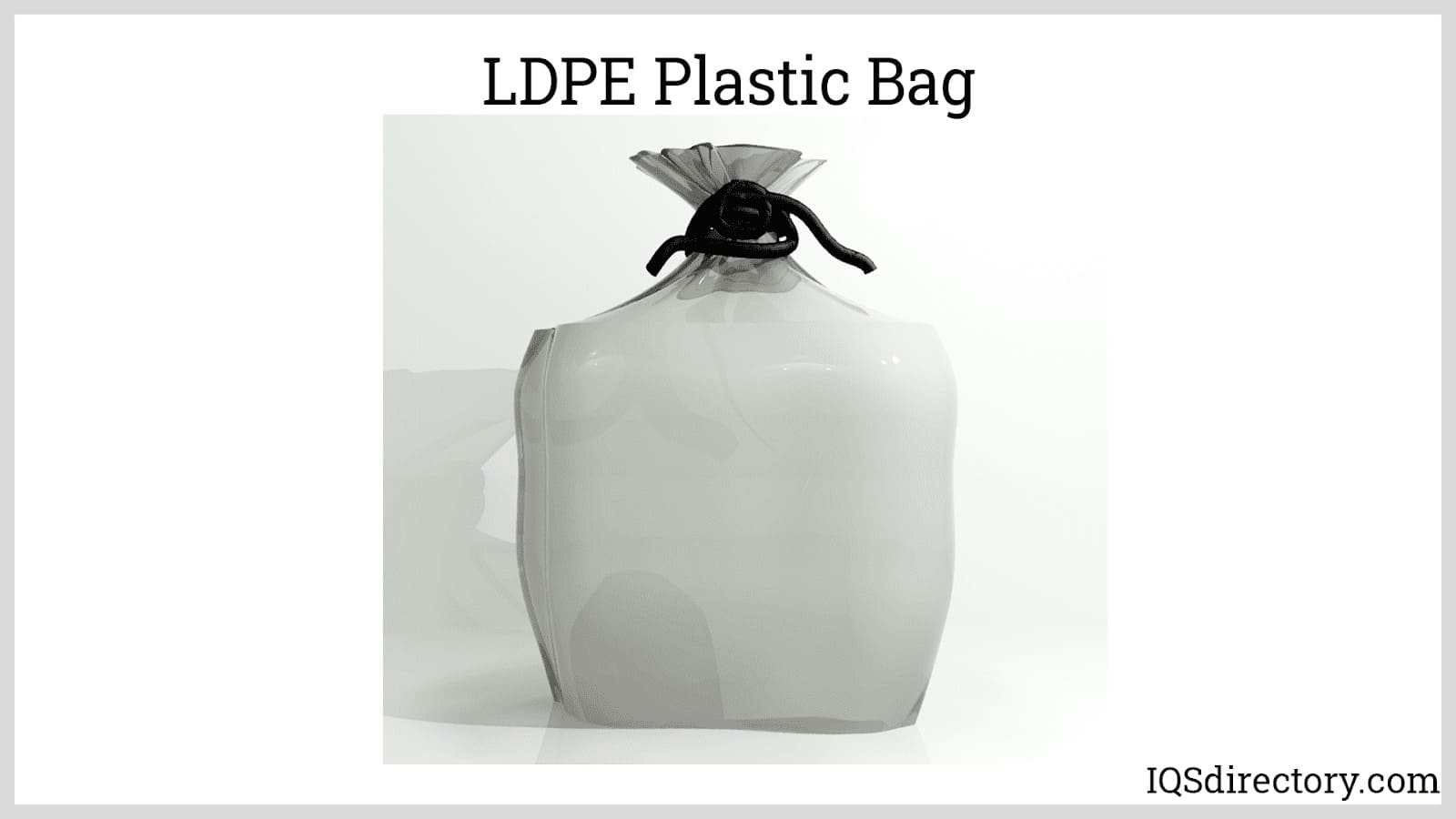
 Cardboard Tubes
Cardboard Tubes Carrying Cases
Carrying Cases Contract Packaging
Contract Packaging Corrugated Boxes
Corrugated Boxes Dot Peening Machines
Dot Peening Machines Labeling Machinery
Labeling Machinery Marking Machinery
Marking Machinery Packaging Equipment
Packaging Equipment Palletizers
Palletizers Plastic Bags
Plastic Bags Sewing Contractors
Sewing Contractors Tape Suppliers
Tape Suppliers Castings & Forgings
Castings & Forgings Bulk Material Handling
Bulk Material Handling Electrical & Electronic Components
Electrical & Electronic Components Flow Instrumentation
Flow Instrumentation Hardware
Hardware Material Handling Equipment
Material Handling Equipment Metal Cutting Services
Metal Cutting Services Metal Forming Services
Metal Forming Services Metal Suppliers
Metal Suppliers Motion Control Products
Motion Control Products Plant & Facility Equipment
Plant & Facility Equipment Plant & Facility Supplies
Plant & Facility Supplies Plastic Molding Processes
Plastic Molding Processes Pumps & Valves
Pumps & Valves Recycling Equipment
Recycling Equipment Rubber Products & Services
Rubber Products & Services